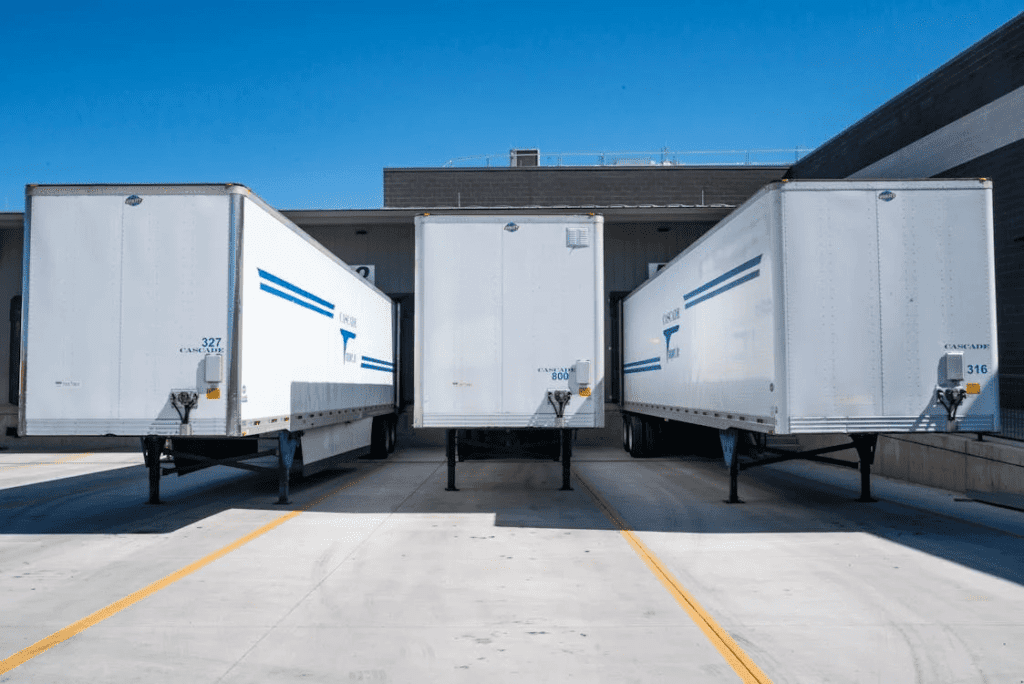The right approach to logistics is central to running a successful business. And when businesses are ready to expand their operations within the U.S. or abroad, they need the best logistics system to get the job done. This means knowing how to handle shipments efficiently and navigate regulations. A thriving economic powerhouse, Georgia has emerged as the gold standard for logistics in a competitive business environment.
Read also: How Online Trading Trends Are Influencing Global Trade Finance
Keep reading to learn how this thriving southeastern state has developed a dependable logistics network and sparked growth.
The Value of Location
Location matters in more arenas than just real estate. For businesses eager to extend their reach, it’s imperative to choose a strategic location as a base camp for shipments. Situated along the east coast, Georgia offers easy access to the Port of Savannahwhich is setting records as one of the busiest container ports in America. With quick access to the Atlantic Ocean, Georgia’s location makes it simple to ship cargo of any size abroad.
Further, proximity to the Eastern Seaboard means travel to cities like Charlotte, Baltimore, and Boston is easy. Georgia freight shipping ensures that anything from oversized loads to dry goods can reach their destinations on time. Companies that need reliable ground transport can depend on major interstates, including I-75, to get their shipments to the right people at distribution centers. Similarly, I-85 connects Georgia to growing cities like Greenville and Charlotte, where logistics operations are on the rise. With Georgia as a hub, companies can reach customers from New England to the Gulf via truck or rail.
Navigating Compliance Responsibilities
While highway networks are central to trade growth, other elements are essential to create flourishing logistics networks. Georgia offers direct routes to key cities for truck fleetsbut the state also offers financial opportunities that are spurring economic growth.
Thanks to well-supported workforce development programs, for instance, Georgia can train the next generation of employees to occupy supply chain positions. From truck driving to management, programs give students a fast track to well-paying jobs that keep Georgia’s logistics appeal on the rise.
Additionally, thanks to current tax structures, companies aren’t saddled with red tape to make shipments happen. They can pursue scalable growth and feel confident that their companies will be attractive for long-term investment. Both domestic and foreign investors can support Georgia-based companies, helping create an environment where trade growth is prioritized.
Transporting Goods Via Sea, Air, or Road
Yes, Georgia’s prime location gives companies convenient access to other major cities. But what makes Georgia’s logistics network especially strong is its ability to transition from one transportation mode to another seamlessly. Intermodal transportation is critical for companies aiming to support more cost-effective and efficient transportation solutions. Exporters can rely on the Port of Savannah to ship dry goods overseas, for example. But they can just as easily turn to railways or air travel for shipments without missing a step.
Air travel is the best solution for time-sensitive shipments, like food or medications. Atlanta International Airport boasts robust cargo shipment traffic, an indication of its value as a hub in the supply chain for domestic and international shipments. For shipments that aren’t as vulnerable to changing conditions, the Norfolk Southern railroad lets companies reach interior cities throughout the Southeastern and Midatlantic regions.
Companies focused on domestic shipments can also turn to Georgia’s expanding network of highways to transport goods efficiently. Best of all, companies can adapt their plans quickly, knowing that Georgia offers a host of options for intermodal transportation.
Making Scaling Easier
Most businesses are focused on growth and expansion. And Georgia has the infrastructure in place to help that process happen. Major railroads, an intricate network of highways, and Atlanta’s high-traffic airport give companies plenty of options when it comes to transportation services for shipments. And with these transportation advances comes a growing web of warehouses and freight services to handle the points between shipments.
Companies can work with logistics providers in Georgia to customize a framework for their operations. Plus, by working with a regional provider, companies will gain access to their expert understanding of the state’s transportation network, as well as potential roadblocks.
As a result, companies can improve their last-minute delivery performance, enhancing customer satisfaction while saving resources. Ultimately, this kind of partnership can help yield a more strategic approach to shipping that is timely and sustainable.
Building an Economic Engine in Georgia
Georgia’s logistics network is powering a more advanced, professional, and effective form of modern trade. The state’s geographic advantage gives companies access to air, land, and sea to ship anything from dry goods to time-sensitive perishable items. And with the state’s financial support, companies can move forward with domestic and international shipments without fear of burdensome regulations or kinks in the supply chain. In short, Georgia has paved the way for companies ready to maximize productivity and build better supply chains.

